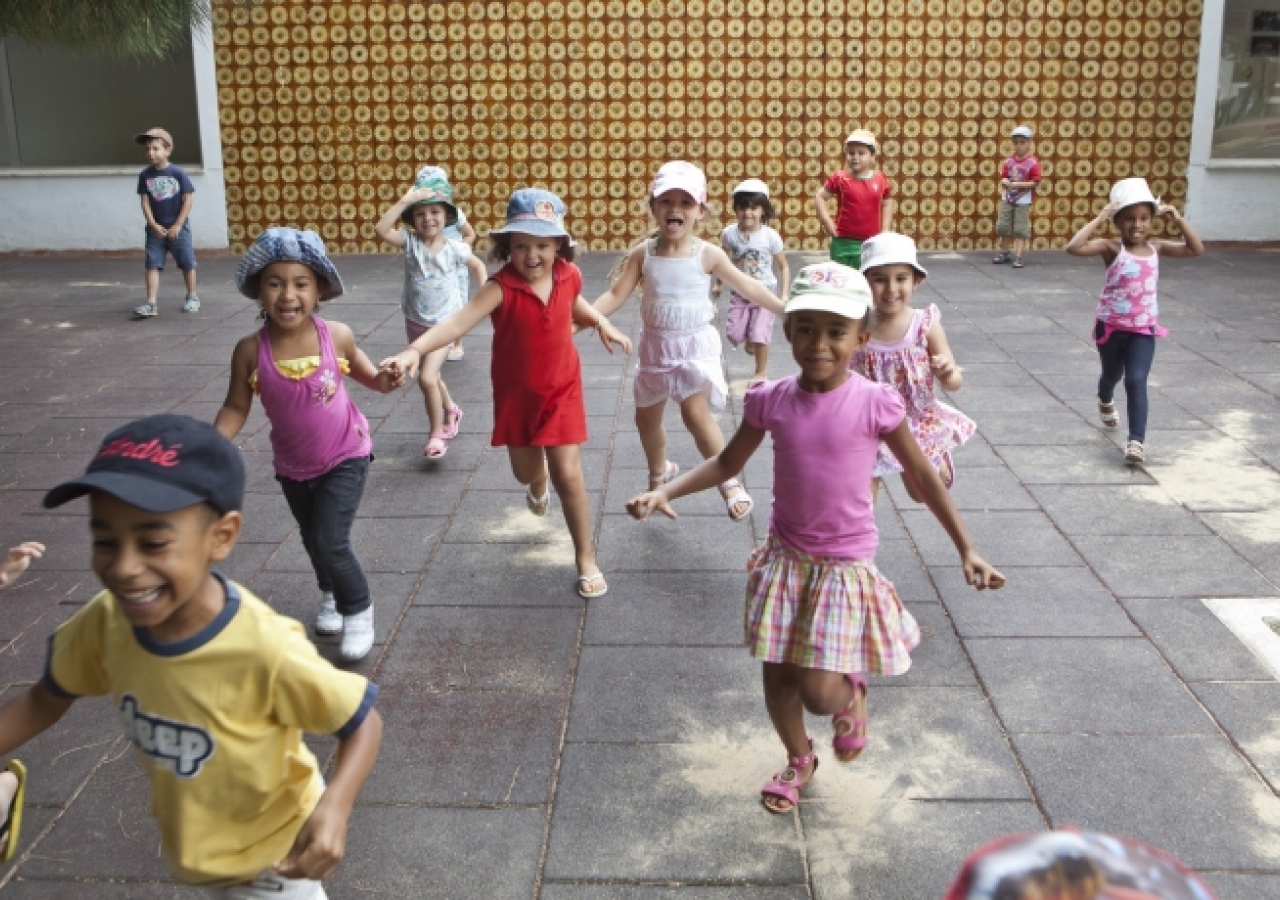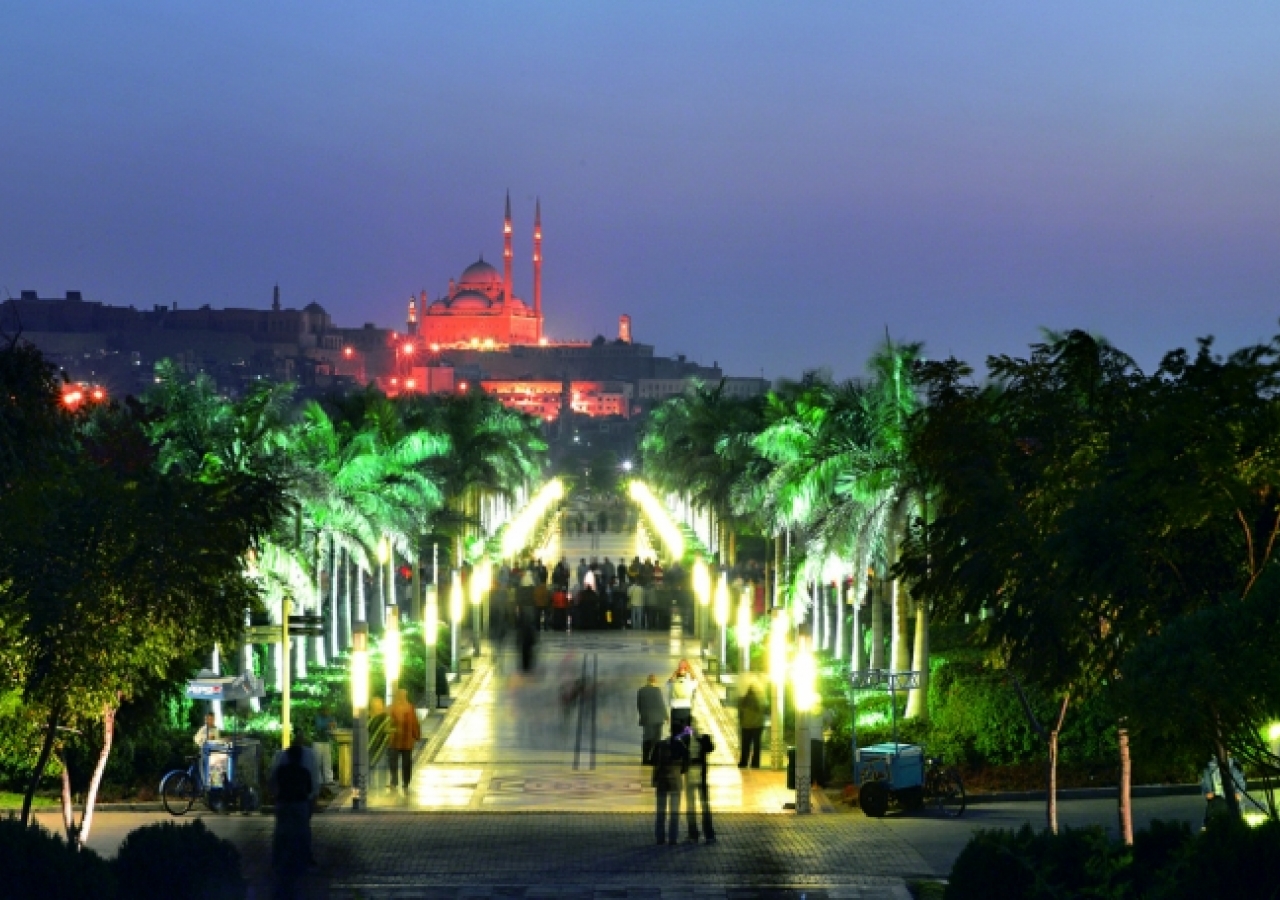“The Quran, the Hadith, the sayings of Hazrat Ali, and many scholarly sources make numerous references to the forms and purposes of philanthropy. Human dignity – restoring it, and sustaining it – is a central theme. Enabling individuals to recover and maintain their dignity as befitting their status as Allah's greatest creation, is one of the main reasons for charitable action. There is dignity in the individual's ability to manage his or her destiny.”
Mawlana Hazar Imam, Islamabad, Pakistan, October 17, 2000
The Holy Qur’an clearly guides us in our duties towards our fellow human beings. Sura 4, Ayat 36 states: “And show kindness – to parents, kinsfolk, orphans, those in need, neighbours who are close, neighbours who are strangers, the companion by your side, and the traveller (you meet).”
A shared ethic among all Muslims is the religious obligation to care for each other, commonly known as the ‘social conscience’. It is an integral part of our faith. Just as prayer is incumbent upon us in faith, so too is realising our social conscience by helping those less fortunate, through our wealth as well as offering our time and our intellectual, spiritual or physical resources.
How has the Social Conscience of Islam been expressed by Mawlana Hazar Imam?
The inseparability of faith (din) and world (duniya) in Islam means that the Ismaili Imamat is responsible for both religious interpretation and improving the quality of human life. Mawlana Hazar Imam expresses the social conscience of Islam through his contemporary institution building, including both the Jamati institutions and the Aga Khan Development Network (AKDN).
The AKDN, in particular, is not a religious organization, but rather is a non-denominational set of development agencies that aims to improve living conditions and opportunities for people regardless of their religion, race, ethnicity, or gender. The work of the AKDN is underpinned by the ethical principles of Islam, particularly pluralism, consultation, solidarity with those less fortunate, fostering self-reliance, and respect for human dignity. Its focus is on poor areas of the developing world, mainly in Asia and Africa, but it also conducts programmes in North America and Europe.
What kind of work does the AKDN do?
The AKDN works in over 30 countries around the world, mostly in poor areas of South Asia and Central Asia, Eastern and Western Africa and the Middle East. Other programmes, notably in education and culture, also operate in Europe and North America.
As an example in education, the AKDN around the world has public programs that address programs from early childhood education to primary and secondary schools, from vocation studies for youth and adults to university degrees and continuing professional development. Each year, the AKDN reaches 2 million students!
How can we live this responsibility to contribute positively to society in our everyday lives?
There are many ways that we can live this ethic in our daily lives, from helping our family and friends who are in need of our resources, time, and care, to contributing in a number of ways in the communities among which we live.
Volunteering is a strength that we have drawn from throughout the history of our faith. It not only allows us to live the social conscience of Islam, but volunteering also strengthens our local neighbourhoods, national and global communities, and society at large.
Any act of service that helps to strengthen the self-reliance of others, relieves the difficulties of poverty, improves the quality of life of others – regardless of their faith, culture or creed – is something that is of powerful value that we cherish as Muslims and as Canadians.
We can also do our part every day in making sure our physical environment is strengthened and that we pay attention to how we use our energy, preserve our natural resources such as trees, parks and water resources. Caring for the environment is also an expression of respect and trusteeship of Allah’s Creation.
Thank you for visiting this website. In order to improve the quality of the website, please complete a short survey. The data collected will help us to serve you and others in a more effective and efficient manner. Please click on this link to complete the survey.
Learn more:
1. The Aga Khan Development Network
3. Foundations of Faith: Ethics and Values of Islam (Online Study Resources)









